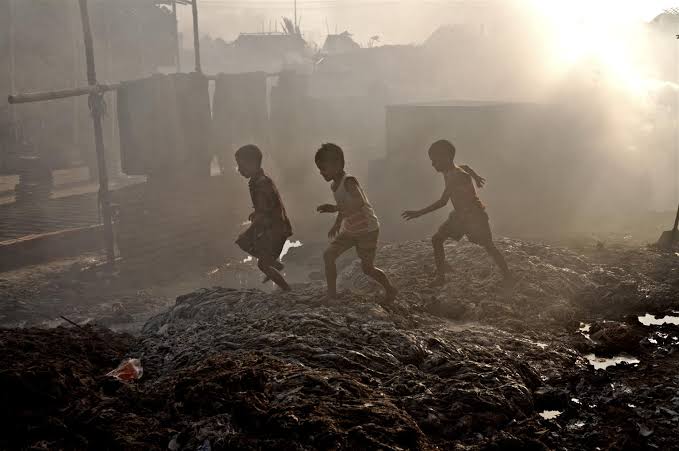
New Delhi (NVI): As many as 150 million more children have plunged into poverty since the coronavirus pandemic struck earlier this year, according to a new UNICEF analysis.
With this addition, approximately 1.2 billion children worldwide are living in multi-dimensional poverty, the UN Children’s Fund (UNICEF) said in a statement.
The analysis, conducted by UNICEF and child rights organization, Save the Children, reveals that there has been a 15 per cent increase in the multi-dimensional poverty faced by children since the start of COVID-19 outbreak.
The UN body said that access to education, healthcare, housing, nutrition, sanitation and water are taken to work out multi-dimensional poverty and the data from over 70 countries has been included for the analysis.
It also highlights that around 45 per cent of children were severely deprived of at least one of these critical needs in the countries analyzed before the pandemic.
However, the condition presented by UNICEF already is grave and the organisation warned of a worsening condition in the future.
“COVID-19 and the lockdown measures imposed to prevent its spread have pushed millions of children deeper into poverty,” UNICEF Executive Director Henrietta Fore said in a statement.
“Families on the cusp of escaping poverty have been pulled back in, while others are experiencing levels of deprivation they have never seen before. Most concerningly, we are closer to the beginning of this crisis than its end,” Fore added.
Apart from making more children poor, the UN report stated that already poor children have become poorer after the arrival of the COVID-19 outbreak.
Before the pandemic, the average number of severe deprivations per child was around 0.7, which is now estimated to have increased by 15 per cent to around 0.85, it added.
The report notes that child poverty is much more than a monetary value. While measures of monetary poverty such as household income are important, they provide only a partial view of the plight of children living in poverty.
Furthermore, the UN body suggests social protection, inclusive fiscal policies, employment, labour market interventions, among others to help families facing extreme poverty and preventing further devastation.
It also includes the expanding of health care services, providing the tools and technology for children so that education can be continued remotely and encouraging policies such as paid leave for child care as possible solutions.
-RJV





